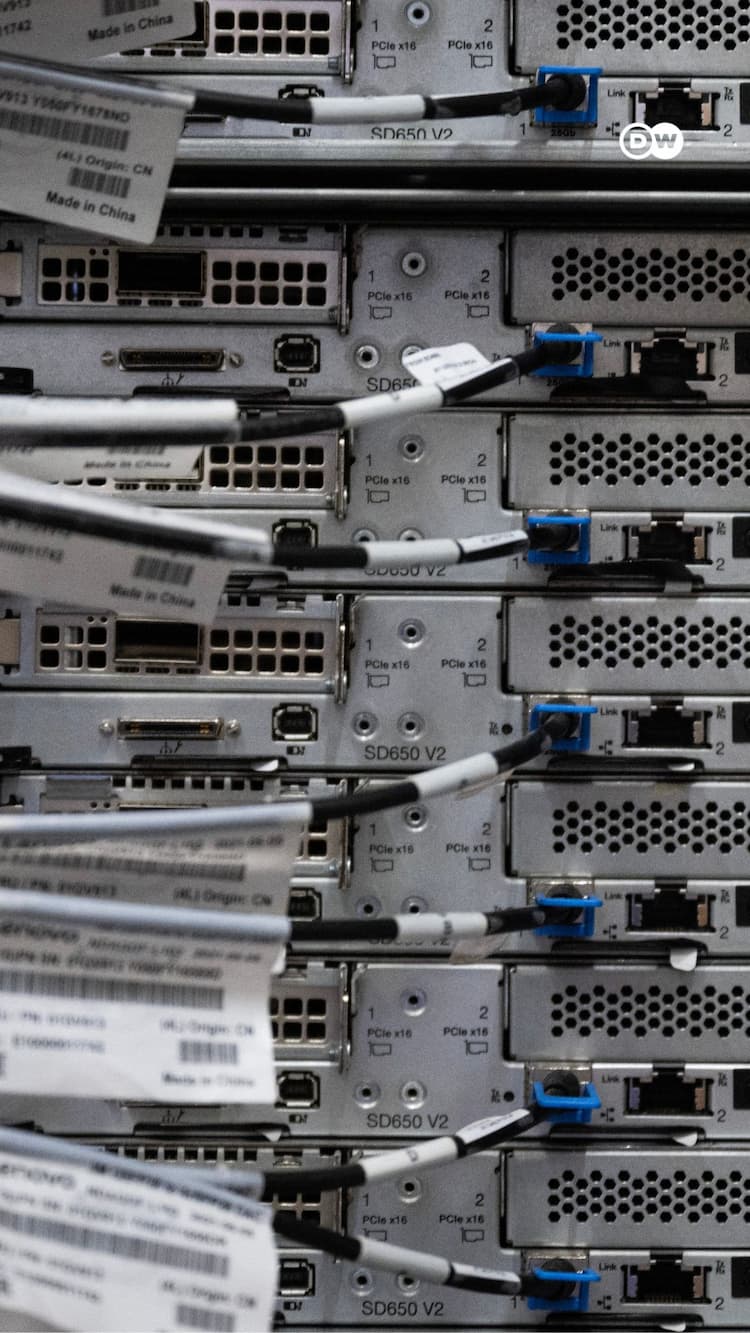Is OpenAI turning ChatGPT into a rival OS to Windows?
OpenAI might be gearing up for its biggest leap yet: of turning ChatGPT into what could effectively function as a new kind of operating system. While it may not directly compete with Windows or Android in the traditional sense, the company’s growing ambitions hint at a platform that could redefine how people interact with software altogether.
ChatGPT may soon act like an OS
Nick Turley joined OpenAI in 2022 as the head of ChatGPT, and has already grown the product to a level where they have more than 800 million active users, every week. That's massive, given how recent ChatGPT's public release was.
Now, Turley's plan is to step things up and transform ChatGPT from a simple conversational AI bot into a standalone, full-fledged platform that will house several third-party apps. Basically, what operating systems like Windows are. We have already seen how OpenAI now integrates Spotify and Canva directly into the ChatGPT platform. Naturally then, it would be safe to assume that other services are on the way.
Interestingly, Turley says he is inspired by web browsers. Over the last decade, browsers like Chrome have effectively become operating systems themselves. Think of it, they are the main environment where people work, thanks to the vast array of web apps. He sees ChatGPT evolving in the same way, where users can interact with a growing ecosystem of applications entirely within the ChatGPT interface.
Hardware and ecosystem hints
Interestingly, OpenAI is also believed to be developing a browser of its own, although Turley hasn’t confirmed it.
At the same time, OpenAI is working with Apple's design legend, Jony Ive and a team of former Apple designers to create new hardware devices. This, adds fuel to speculation, and based on this, thinking that OpenAI will create a ChatGPT-based operating system at some point, sounds reasonable.
OpenAI has also been toying with this idea for some time. OpenAI's experiments with ChatGPT plugins and the GPT Store were a step in this direction, although they never materialised into something solid. This latest iteration, however, plans to integrate apps directly into ChatGPT’s daily use which could turn it into a hub for everything from booking rides to ordering food.
Big ambitions, bigger challenges
Running an operating system brings its own set of problems. Turley acknowledges challenges such as promoting certain apps without compromising user experience, and managing how developers access user data responsibly. OpenAI is reportedly considering features like partitioned memory to let users control what data each app can access.
Turley ultimately describes ChatGPT as OpenAI’s “delivery vehicle” for its mission to distribute artificial general intelligence safely and broadly. If his vision takes shape, ChatGPT could evolve from a chatbot into the very foundation of the AI-powered computing era.









